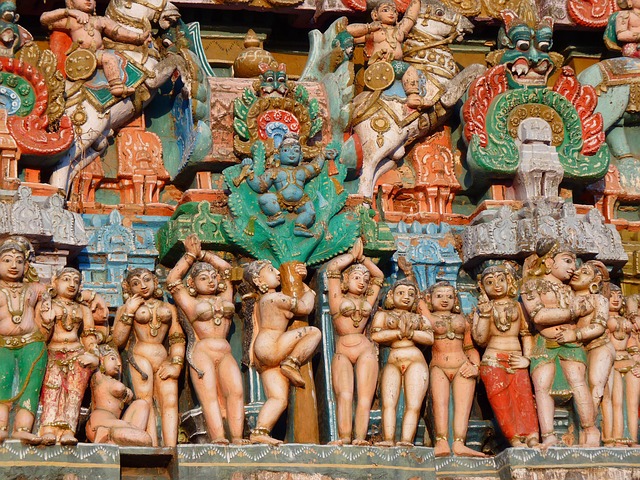The Divine Legacy of Thanatos: Exploring the God of Death in Religion
The concept of death has intrigued humanity throughout the ages, instilling both fear and reverence. Among the pantheon of mythological figures that embody this complex theme is Thanatos, the Greek god of death. His legacy is steeped in religion, philosophy, and the collective psyche of cultures that have grappled with the inevitability of mortality.
In ancient Greek mythology, Thanatos personifies a peaceful death, a shadowy figure as opposed to the malevolent representations found in other cultures. His role is often misunderstood; while he embodies the end of life, he is also a gentle transition, leading souls to the afterlife. This dichotomy inspires a profound exploration into how different religions interpret and engage with the concept of death.
In many ways, Thanatos reflects our cultural attitudes towards dying. Where fear often drives the discussion about death, embracing it opens up pathways to understanding. In the context of ancient Greek religion, death is not seen as an end but a continuation, a part of a cyclical journey. This perspective challenges the often grim outlook on mortality found in various faiths today.
In contrast to some modern interpretations of death, which frequently tether experiences to sadness and despair, the myth of Thanatos allows for a narrative that incorporates acceptance and even serenity. The Greeks celebrated life and understood death as an inevitable companion to living. This aspect of their belief systems encourages us to reflect on our own relationship with Thanatos and how different cultures have historically addressed this profound experience.
This exploration of Thanatos extends beyond mythology and into contemporary spirituality, where various religions offer unique insights into the afterlife. Christianity, Judaism, Buddhism, and Hinduism all have structured narratives around death, encapsulating the spectrum of human emotions tied to this universal experience. The dialogues on mortality prompt communities to ponder not only fear but also the value of existence itself.
The legacy of Thanatos beckons us to confront our own mortality head-on and find peace within the uncertainty that surrounds it. By observing how ancient civilizations understood this transition, we may discover valuable lessons that are relevant in today’s chaotic world. Embracing death’s inevitability can lead to a deeper appreciation for life, a sentiment echoed through the ages in various religious teachings.
In recognizing Thanatos, we delve into a divine theme that resonates across cultures and time periods. The fear of the unknown is always present, but by studying the beliefs surrounding death in religion, we may come to cultivate a more compassionate and accepting view, fostering a healthy dialogue about life’s most profound certainty. Whether it’s through prayer, meditation, or storytelling, engaging with Thanatos opens up a space for healing and understanding, transforming the legacy of this god into something deeply personal and universally relatable.



